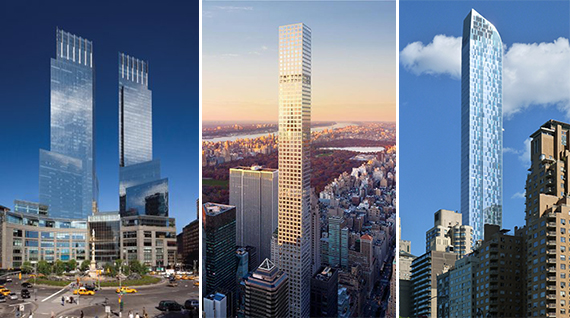Don’t think that luxury housing markets are insulated from ongoing macroeconomic uncertainty and turmoil in the global stock and commodities markets.
The foreign investors that have massively influenced the run-up in property values over the past several years now have to contend amid weakened currencies, collapsing oil prices and continuing stock market uncertainty. And signs show that’s all started to affect demand for high-end homes.
While average prices of luxury homes in 10 “global cities” are still expected to rise 1.7 percent this year, that’s down from 3 percent growth in 2015, according to the Wall Street Journal.
New York saw prices for luxury properties curtail toward the end of last year, and a similar trend is expected to take place in markets like Paris, Hong Kong and Singapore, according to real estate consultancy Knight Frank.
The South American and European buyers who have driven much of the Miami market may also be inhibited this year due to a stronger dollar, Knight Frank said, while residential markets in Sydney, Vancouver, San Francisco and Amsterdam appear “significantly overvalued,” Swiss lender UBS Group said in October.
And then there’s London — where upscale housing rivaled New York in terms of demand and pricing, but where “the frenzy is gone completely,” according to Manish Chande of U.K. real estate firm Clearbell Capital.
“Everything was going like hot cakes [18 months ago],” Chande told the Journal. “Today it’s the total opposite.” [WSJ] – Rey Mashayekhi
